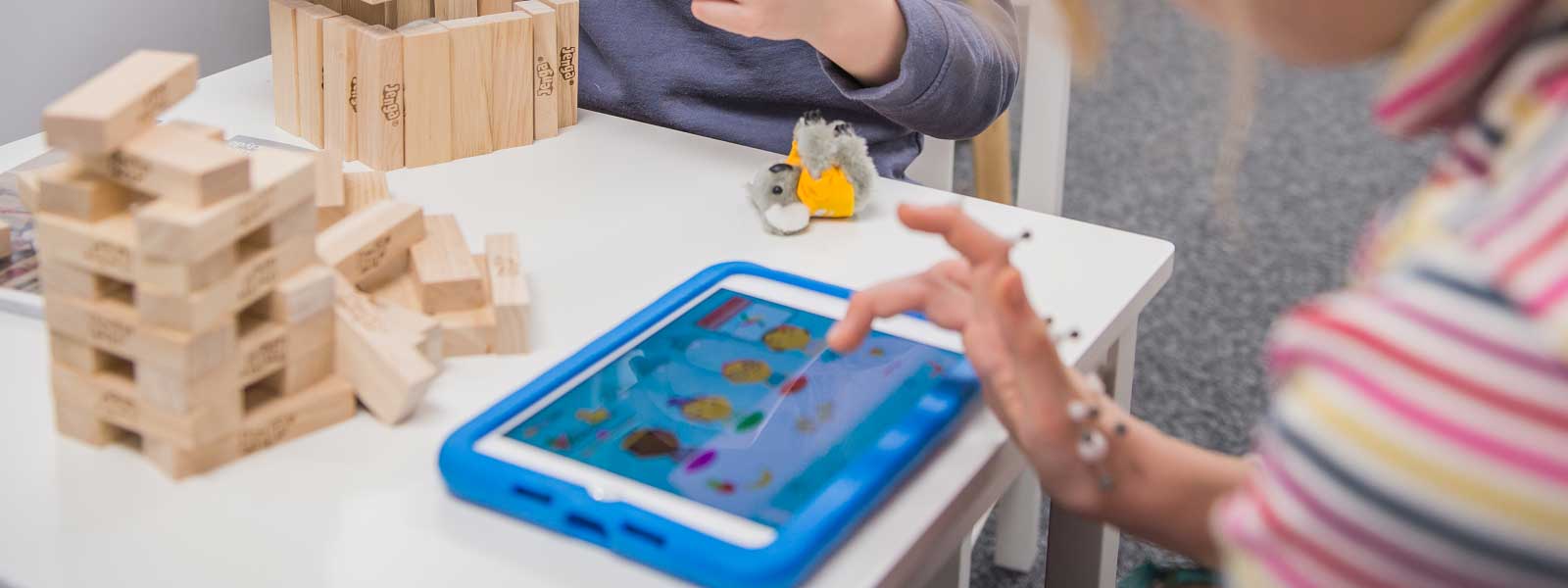We are a cross-disciplinary research centre advancing science and technology innovations that deepen our embodied understanding of autism. Our work acknowledges that autistic experience is fundamentally different — shaped from the ground up. Emerging evidence, to which we actively contribute, highlights distinct neurophysiological processes that shape core experience and conscious thought. These differences manifest in motor planning, arousal patterns, social engagement, and ways of being — challenging neurotypical assumptions and expanding our collective understanding of human cognition and behaviour.
Based at the University of Strathclyde, our centre bridges Electronic & Electrical Engineering, Biomedical Engineering, Psychology, and Education, while collaborating with clinics and schools across the UK, Europe, America, Australia, and Japan. Our research drives real-world impact in medicine, education, family, and social care.
Our work is built on seamless integration across disciplines, spanning:
🔹 Theory & Basic Science | 🔹 Engineering | 🔹 Clinical & Educational Studies | 🔹 Policy & Practice
One of our notable successes includes wearable and smart technology, where AI-driven identification of neurodivergence in young children has advanced both diagnostic capabilities and our understanding of motor disruptions in autism. This research is already shaping care practices, pedagogy, and support strategies for neurodivergent individuals.
We contribute to:
- Centre for Autism Research & Education at Strathclyde (CARES)
- Health and Care Futures at Strathclyde
- Strathclyde Living Laboratory
- Sir Jules Thorne Centre for the Co-Creation of Rehabilitation Technology
We welcome inquiries from those interested in PhD or Postdoctoral Fellowship opportunities in our areas of expertise: autism and neurodiversity, embodiment and intersubjectivity, child and developmental psychology, movement and motor control, smart technology, artificial intelligence, and inclusive education.
📩 Contact us to explore opportunities for collaboration or research (autism-innovation
